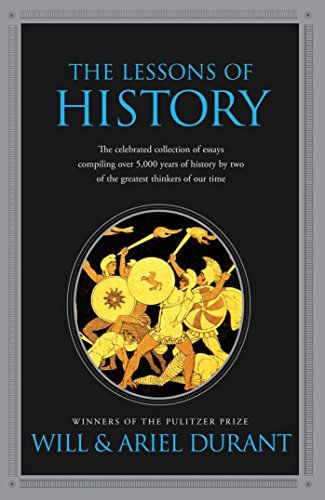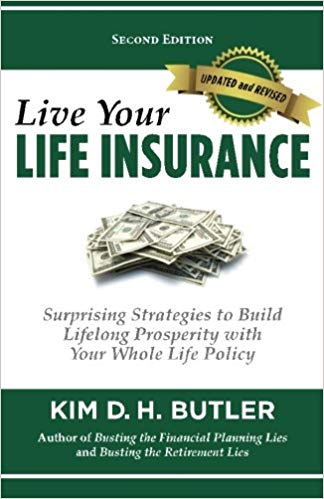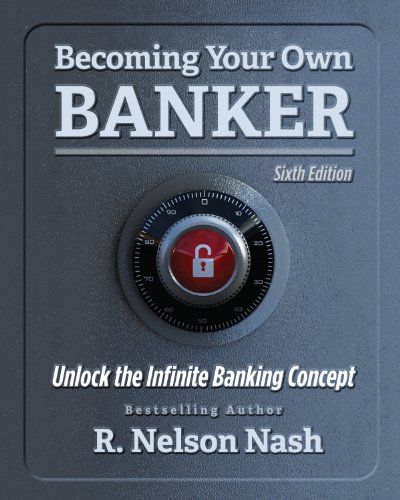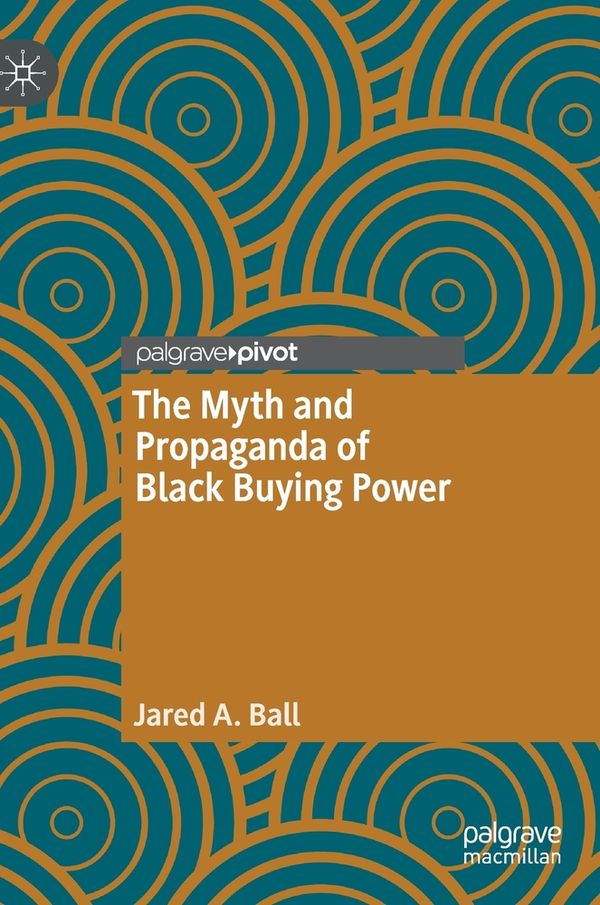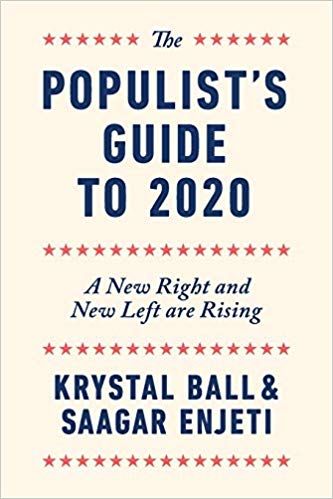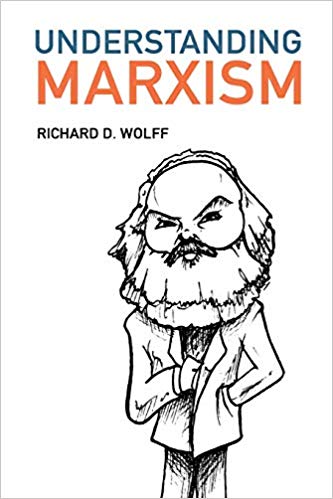Will & Ariel Durant (2010)
Visit book's Bookshop Page for details and support local, independent book stores.
Chapter I: Hesitations
Location 65: Since man is a moment in astronomic time, a transient guest of the earth, a spore of his species, a scion of his race, a composite of body, character, and mind, a member of a family and a community, a believer or doubter of a faith, a unit in an economy, perhaps a citizen in a state or a soldier in an army, we may ask under the corresponding heads: astronomy, geology, geography, biology, ethnology, psychology, morality, religion, economics, politics, and war; what history has to say about the nature, conduct, and prospects of man.
Chapter III: Biology and History
Location 127: We are acquisitive, greedy, and pugnacious because our blood remembers millenniums through which our forebears had to chase and fight and kill in order to survive, and had to eat to their gastric capacity for fear they should not soon capture another feast.
Location 141: Nature smiles at the union of freedom and equality in our utopias. For freedom and equality are sworn and everlasting enemies, and when one prevails the other dies.
Location 144: Even when repressed, inequality grows; only the man who is below the average in economic ability desires equality; those who are conscious of superior ability desire freedom; and in the end superior ability has its way.
Location 158: If the human brood is too numerous for the food supply, Nature has three agents for restoring the balance: famine, pestilence, and war.
Location 193: There is no humorist like history.
Chapter IV: Race and History
Location 269: The role of race in history is rather preliminary than creative. Varied stocks, entering some locality from diverse directions at divers times, mingle their blood, traditions, and ways with one another or with the existing population, like two diverse pools of genes coming together in sexual reproduction. Such an ethnic mixture may in the course of centuries produce a new type, even a new people; so Celts, Romans, Angles, Saxons, Jutes, Danes, and Normans fused to produce Englishmen. When the new type takes form its cultural expressions are unique, and constitute a new civilization - a new physiognomy, character, language, literature, religion, morality, and art.
Location 286: A knowledge of history may teach us that civilization is a co-operative product, that nearly all peoples have contributed to it; it is our common heritage and debt; and the civilized soul will reveal itself in treating every man or woman, however lowly, as a representative of one of these creative and contributory groups.
Chapter V: Character and History
Location 289: Society is founded not on the ideals but on the nature of man, and the constitution of man rewrites the constitutions of states.
Location 299: The Greeks of Plato's time behaved very much like the French of modern centuries; and the Romans behaved like the English.
Location 351: Evolution in man during recorded time has been social rather than biological: it has proceeded not by heritable variations in the species, but mostly by economic, political, intellectual, and moral innovation transmitted to individuals and generations by imitation, custom, or education.
Location 377: It is good that new ideas should be heard, for the sake of the few that can be used; but it is also good that new ideas should be compelled to go through the mill of objection, opposition, and contumely; this is the trial heat which innovations must survive before being allowed to enter the human race.
Chapter VI: Morals and History
Location 432: In every age men have been dishonest and governments have been corrupt; probably less now than generally before. The pamphlet literature of sixteenth-century Europe groaned with denunciations of wholesale adulteration of food and other products.
Location 437: We must remind ourselves again that history as usually written (peccavimus) is quite different from history as usually lived:
Chapter VII: Religion and History
Location 547: One lesson of history is that religion has many lives, and a habit of resurrection. How often in the past have God and religion died and been reborn!
Location 572: There is no significant example in history, before our time, of a society successfully maintaining moral life without the aid of religion.
"As long as there is poverty there will be gods."
Chapter VIII: Economics and History
Location 581: Political forms, religious institutions, cultural creations, are all rooted in economic realities.
Location 589: The Crusades, like the wars of Rome with Persia, were attempts of the West to capture trade routes to the East; the discovery of America was a result of the failure of the Crusades.
Location 591: The French Revolution came not because Voltaire wrote brilliant satires and Rousseau sentimental romances, but because the middle classes had risen to economic leadership, needed legislative freedom for their enterprise and trade, and itched for social acceptance and political power.
Location 605: Today the inability of small farms to use the best machinery profitably is again forcing agriculture into large-scale production under capitalistic or communistic ownership. It was once said that "civilization" is a parasite on the man with the hoe, but the man with the hoe no longer exists; he is now a "hand" at the wheel of a tractor or a combine. Agriculture becomes an industry, and soon the farmer must choose between being the employee of a capitalist and being the employee of a state.
Location 609: At the other end of the scale history reports that "the men who can manage men manage the men who can manage only things, and the men who can manage money manage all."
Location 611: So the bankers, watching the trends in agriculture, industry, and trade, inviting and directing the flow of capital, putting our money doubly and trebly to work, controlling loans and interest and enterprise, running great risks to make great gains, rise to the top of the economic pyramid.
Location 614: Perhaps it is one secret of their power that, having studied the fluctuations of prices, they know that history is inflationary, and that money is the last thing a wise man will hoard.
Location 616: The experience of the past leaves little doubt that every economic system must sooner or later rely upon some form of the profit motive to stir individuals and groups to productivity.
Location 618: Normally and generally men are judged by their ability to produce - except in war, when they are ranked according to their ability to destroy.
Location 658: We conclude that the concentration of wealth is natural and inevitable, and is periodically alleviated by violent or peaceable partial redistribution.
Chapter IX: Socialism and History
Location 662: The struggle of socialism against capitalism is part of the historic rhythm in the concentration and dispersion of wealth.
Location 671: Meanwhile competition compels the capitalist to exhaustive labor, and his products to ever-rising excellence. There is much truth in such claims today, but they do not explain why history so resounds with protests and revolts against the abuses of industrial mastery, price manipulation, business chicanery, and irresponsible wealth.
Location 792: The fear of capitalism has compelled socialism to widen freedom, and the fear of socialism has compelled capitalism to increase equality. East is West and West is East, and soon the twain will meet.
Chapter X: Government and History
Location 809: But after them came Nerva, Trajan, Hadrian, Antoninus Pius, and Marcus Aurelius "the finest succession of good and great sovereigns, Renan called them, "that the world has ever had. "If" said Gibbon, "a man were called upon to fix the period during which the condition of the human race was most happy and prosperous, he would without hesitation name that which elapsed from the accession of Nerva to the death of Marcus Aurelius. Their united reigns are possibly the only period of history in which the happiness of a great people was the sole object of government."
Location 822: Hence most governments have been oligarchies ruled by a minority, chosen either by birth, as in aristocracies, or by a religious organization, as in theocracies, or by wealth, as in democracies.
Location 844: But in most instances the effects achieved by the revolution would apparently have come without it through the gradual compulsion of economic developments. America would have become the dominant factor in the English-speaking world without any revolution. The French Revolution replaced the landowning aristocracy with the money-controlling business class as the ruling power; but a similar result occurred in nineteenth-century England without bloodshed, and without disturbing the public peace.
Location 847: To break sharply with the past is to court the madness that may follow the shock of sudden blows or mutilations.
Location 850: Since wealth is an order and procedure of production and exchange rather than an accumulation of (mostly perishable) goods, and is a trust (the credit system) in men and institutions rather than in the intrinsic value of paper money or checks, violent revolutions do not so much redistribute wealth as destroy it. There may be a redivision of the land, but the natural inequality of men soon re-creates an inequality of possessions and privileges, and raises to power a new minority with essentially the same instincts as in the old.
Location 854: The only real revolution is in the enlightenment of the mind and the improvement of character, the only real emancipation is individual, and the only real revolutionists are philosophers and saints.
Location 941: It may be true, as Lincoln supposed, that "you can't fool all the people all the time," but you can fool enough of them to rule a large country.
Location 959: A right is not a gift of God or nature but a privilege which it is good for the group that the individual should have.
Location 965: If our economy of freedom fails to distribute wealth as ably as it has created it, the road to dictatorship will be open to any man who can persuasively promise security to all; and a martial government, under whatever charming phrases, will engulf the democratic world.
Chapter XI: History and War
Location 968: In the last 3,421 years of recorded history only 268 have seen no war.
Location 990: In the military interpretation of history war is the final arbiter, and is accepted as natural and necessary by all but cowards and simpletons.
Chapter XII: Growth and Decay
Location 1076: The law of human development reveals two distinct and alternative states of society: one, the organic, in which all human actions are classed, foreseen, and regulated by a general theory, and the purpose of social activity is clearly defined; the other, the critical, in which all community of thought, all communal action, all coordination have ceased, and the society is only an agglomeration of separate individuals in conflict with one another.
Location 1084: In the organic ages all basic problems [theological, political, economic, moral] have received at least provisional solutions. But soon the progress achieved by the help of these solutions, and under the protection of the institutions realized through them, rendered them inadequate, and evoked novelties. Critical epochal periods of debate, protest, and transition, replaced the old mood with doubt, individualism, and indifference to the great problems. In organic periods men are busy building; in critical periods they are busy destroying.
Location 1123: When the group or a civilization declines, it is through no mystic limitation of a corporate life, but through the failure of its political or intellectual leaders to meet the challenges of change.
Location 1132: Since inequality grows in an expanding economy, a society may find itself divided between a cultured minority and a majority of men and women too unfortunate by nature or circumstance to inherit or develop standards of excellence and taste.
Location 1136: As education spreads, theologies lose credence, and receive an external conformity without influence upon conduct or hope.
Location 1143: Caught in the relaxing interval between one moral code and the next, an unmoored generation surrenders itself to luxury, corruption, and a restless disorder of family and morals, in all but a remnant clinging desperately to old restraints and ways. Few souls feel any longer that "it is beautiful and honorable to die for one's country."
Location 1154: Nations die. Old regions grow arid, or suffer other change. Resilient man picks up his tools and his arts, and moves on, taking his memories with him. If education has deepened and broadened those memories, civilization migrates with him, and builds somewhere another home. In the new land he need not begin entirely anew, nor make his way without friendly aid; communication and transport bind him, as in a nourishing placenta, with his mother country. Rome imported Greek civilization and transmitted it to Western Europe; America profited from European civilization and prepares to pass it on, with a technique of transmission never equaled before.
Location 1159: As life overrides death with reproduction, so an aging culture hands its patrimony down to its heirs across the years and the seas. Even as these lines are being written, commerce and print, wires and waves and invisible Mercuries of the air are binding nations and civilizations together, preserving for all what each has given to the heritage of mankind.
Chapter XIII: Is Progress Real?
Location 1165: Since we have admitted no substantial change in man's nature during historic times, all technological advances will have to be written off as merely new means of achieving old ends, the acquisition of goods, the pursuit of one sex by the other (or by the same), the overcoming of competition, the fighting of wars.
Location 1176: We are grateful for the added years that medical science gives us if they are not a burdensome prolongation of illness, disability, and gloom.
Location 1178: We have laudably bettered the conditions of life for skilled workingmen and the middle class, but we have allowed our cities to fester with dark ghettos and slimy slums.
Location 1181: Transferred it from religious to national, ideological, or racial hostilities?
Location 1185: Have we given ourselves more freedom than our intelligence can digest?
Location 1200: Our capacity for fretting is endless, and no matter how many difficulties we surmount, how many ideals we realize, we shall always find an excuse for being magnificently miserable; there is a stealthy pleasure in rejecting mankind or the universe as unworthy of our approval.
Location 1211: We should not compare the work of one land and time with the winnowed best of all the collected past.
Location 1222: Some time ago a convention of morticians discussed the danger threatening their industry from the increasing tardiness of men in keeping their rendezvous with death. But if undertakers are miserable progress is real.
Location 1248: Civilization is not inherited; it has to be learned and earned by each generation anew; if the transmission should be interrupted for one century, civilization would die, and we should be savages again.
Location 1264: History is, above all else, the creation and recording of that heritage; progress is its increasing abundance, preservation, transmission, and use.
